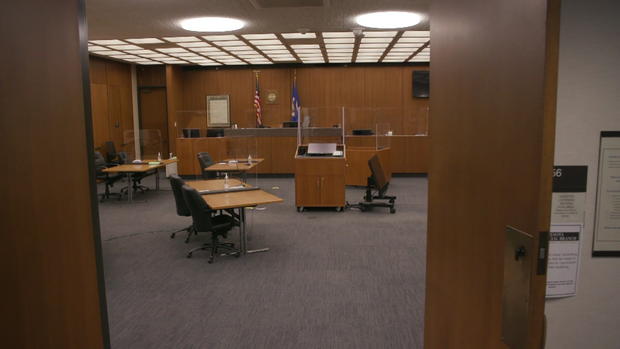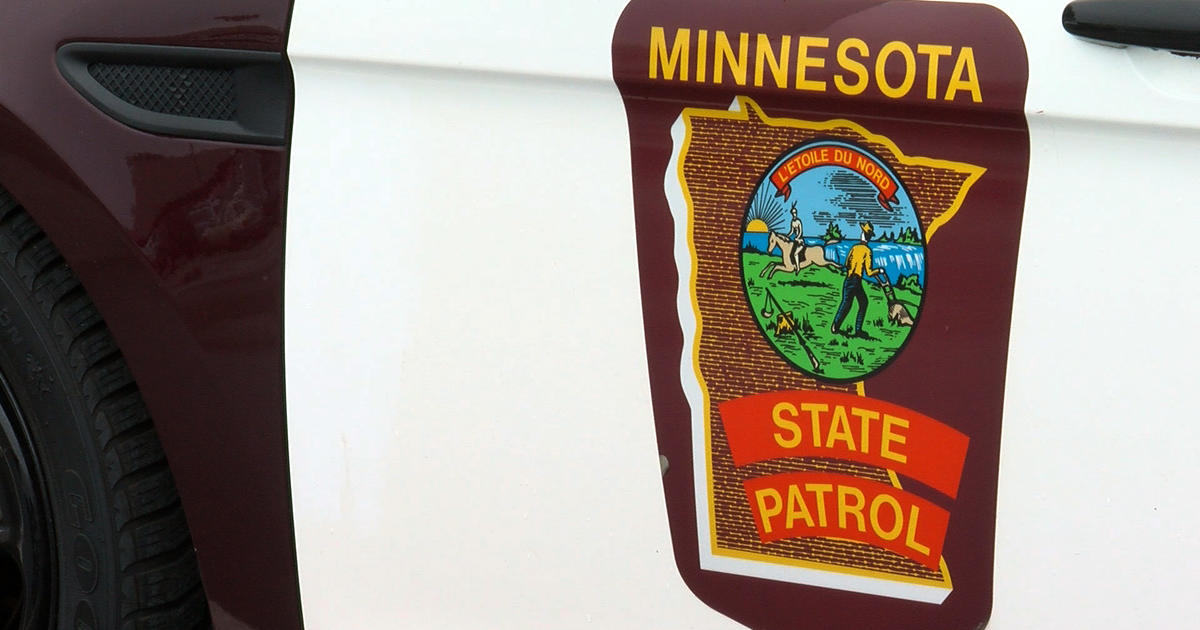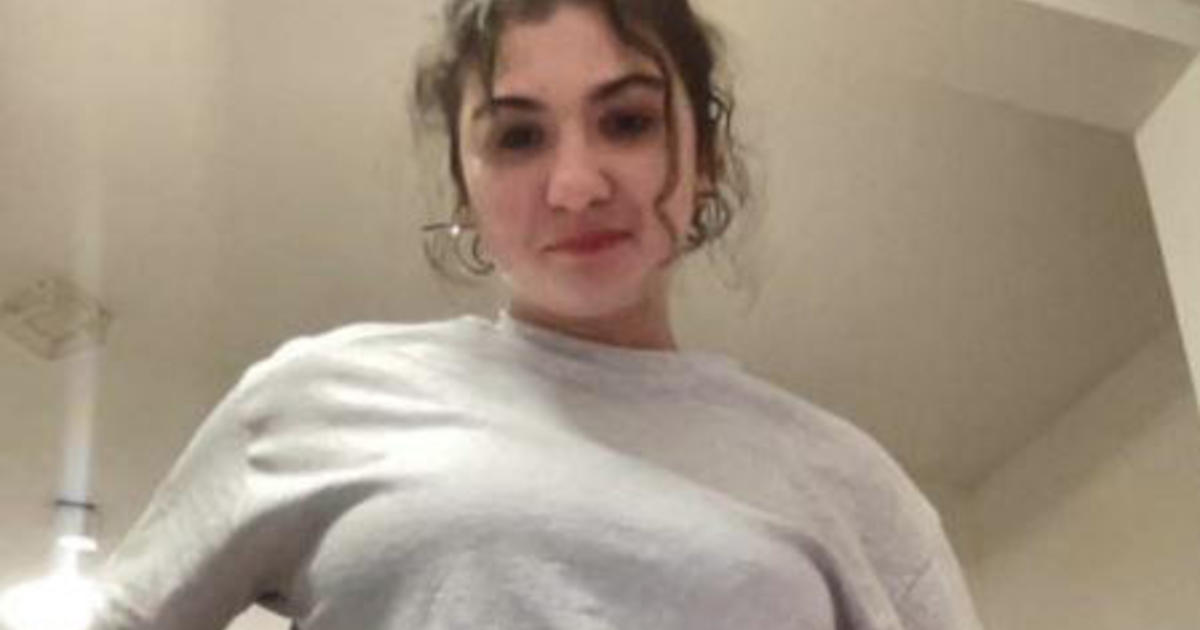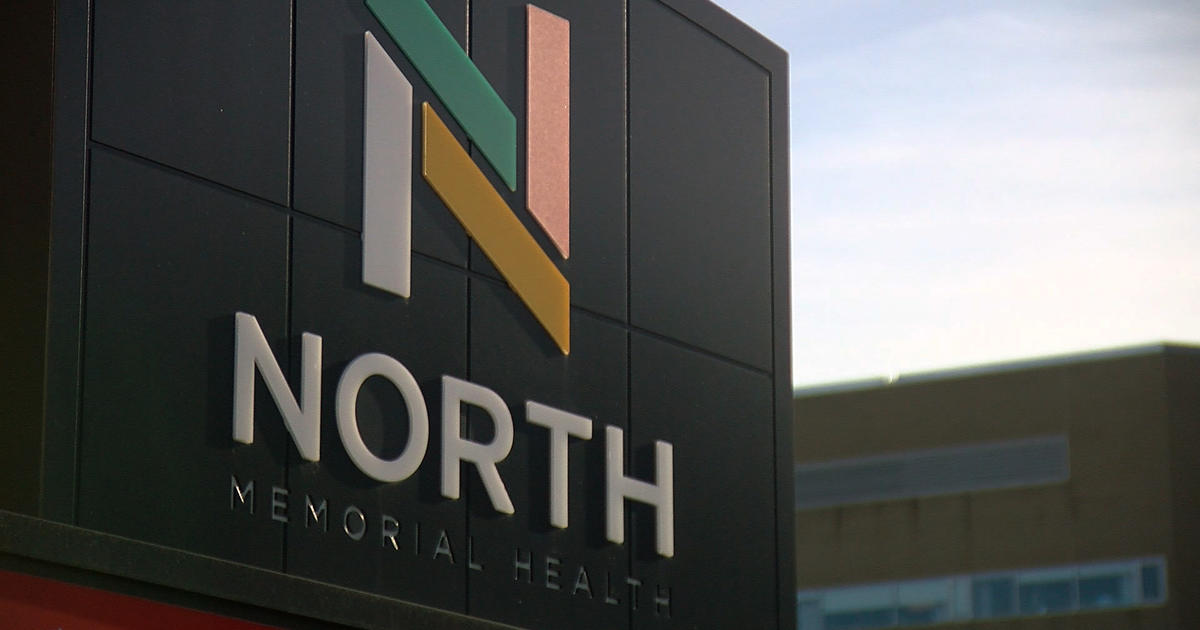What Are The Rules For Cameras In Minnesota Courtrooms?
MINNEAPOLIS (WCCO) -- Next week, three former Minneapolis police officers will go on trial in federal court for violating George Floyd's civil rights.
There will be no cameras in the courtroom, which is different from Derek Chauvin's trial that was livestreamed around the world.
Since the 1979 trial of serial killer Ted Bundy in California, we've watched several cases around the country: the Casey Anthony trial in Florida; the Kyle Rittenhouse trial in Wisconsin; Travis and Greg McMichael's trial in Georgia.
WCCO spoke about the topic of cameras in Minnesota courtrooms with Jane Kirtley, Silha Professor of Media Ethics and Law at the University of Minnesota. She says camera access, until recently, have been "non-existent."
In Minnesota, all parties have to agree to let cameras into criminal trials.
"And invariably somebody would object, and that would be the end of the discussion," Kirtley said.
She says compared to other states, Minnesota is "extremely unusual."
"There are only a handful of states that have rules that are as restrictive as the ones in Minnesota," she said.
But everything changed with the dawn of COVID-19. The courtrooms are small, fewer people could attend, so we saw the livestreaming of Kim Potter's case after Chauvin's trial -- against the wishes of the prosecutor.
"Judges like Judge [Peter] Cahill made the decision that if we were going to have meaningful public access, we had to have cameras in the courtroom," Kirtley said.
And the news media – WCCO included – played a big part in this change.
"This did not just happen with some, you know, some automatic vision on the part of Judge Cahill," she said.
In most states, the issue of cameras in the courts is decided by state legislature. But not in Minnesota. The courts make that call.
It's a different story at the federal level, where courtroom sketches are the norm -- most recently on display in trial of Ghislane Maxwell. And that's what we'll see in next week's federal civil rights trial of Thomas Lane, J. Alexander Keung and Tou Thao.
"Cameras are not allowed in federal trial courts," Kirtley said.
And there's not been much movement to change that, but the Minnesota Supreme Court has asked a committee to look into expanding the camera rules.
"There's been a huge shift in tone," Kirtley said. "I'm not suggesting it's 100%, but I think compared to where we were in say 2014, it's a seismic shift."
That committee advising the supreme court has to come up with recommendations by July. In the meantime, it's still up the judge to give final approval on even the smallest details, like which witnesses will appear on camera, if it can be livestreamed, or where the cameras are placed to best protect the anonymity of the jury.




